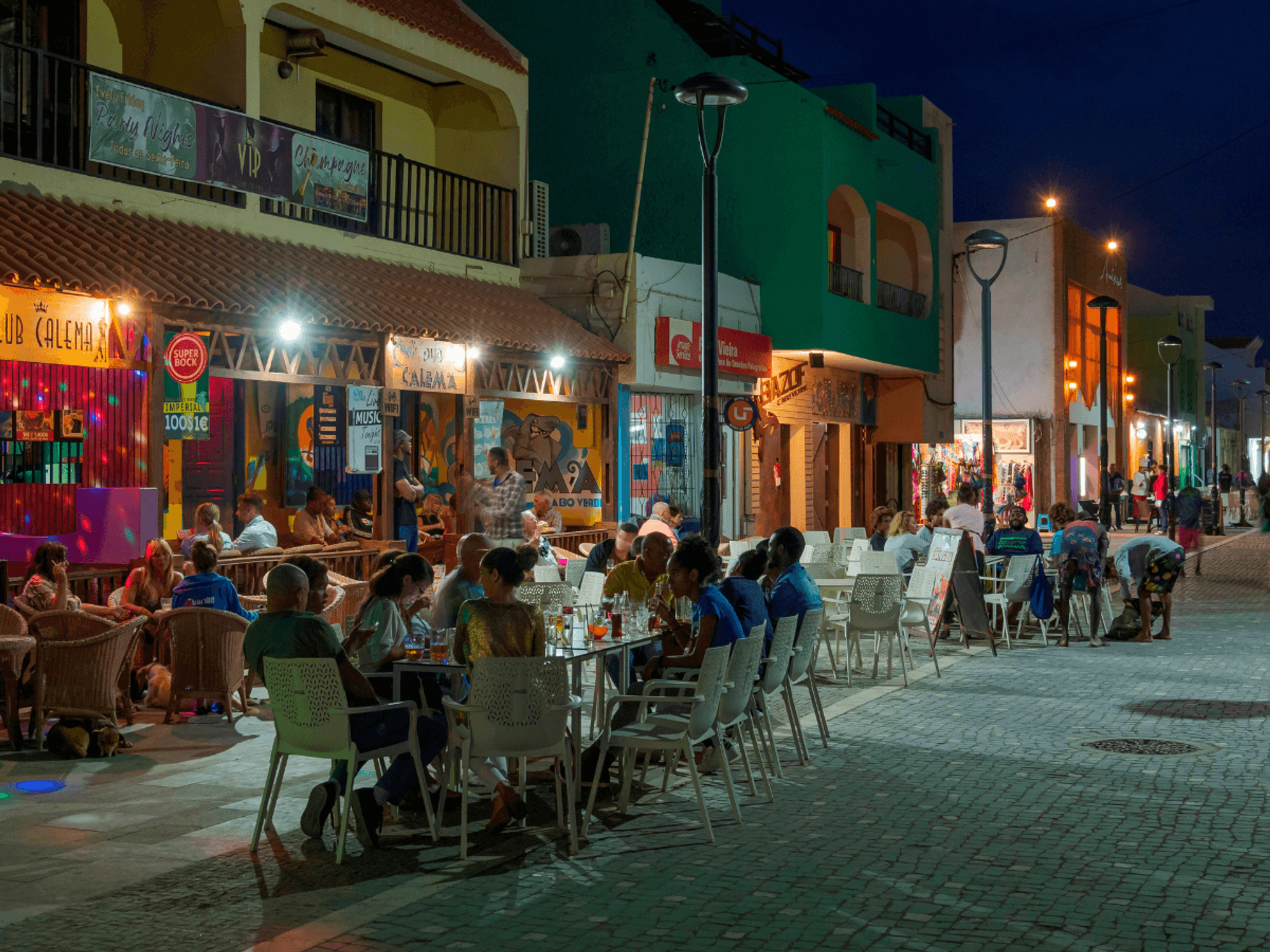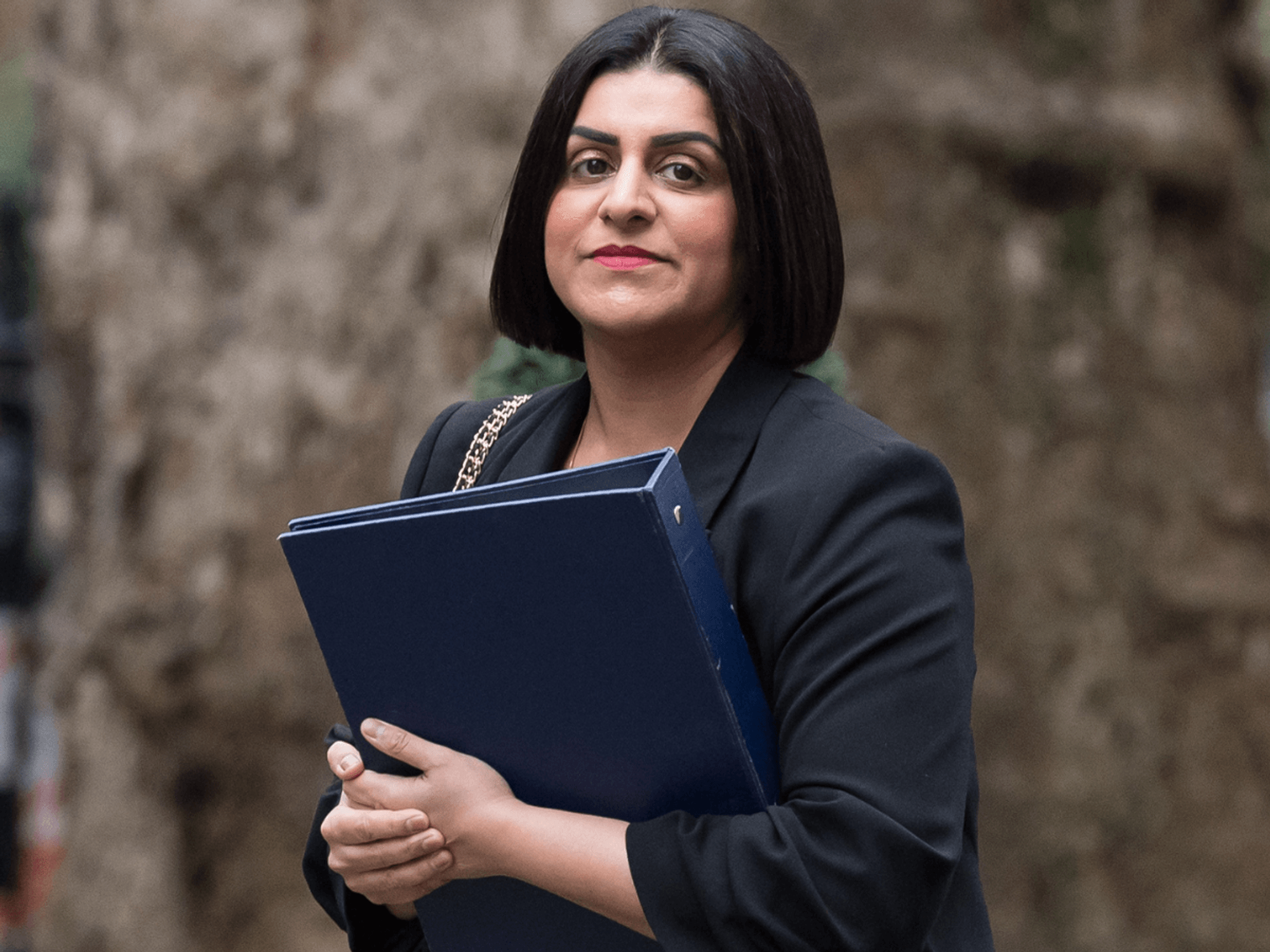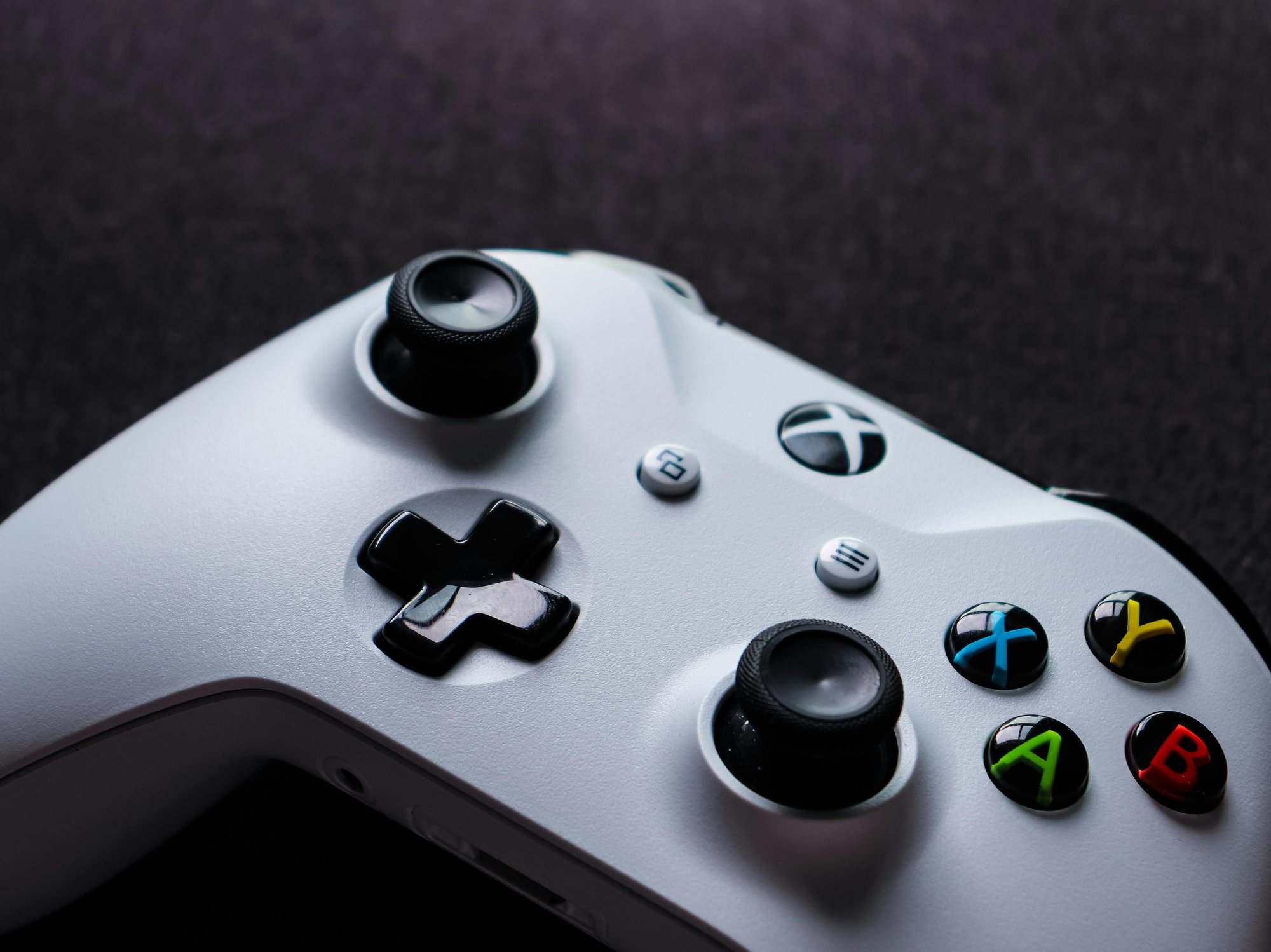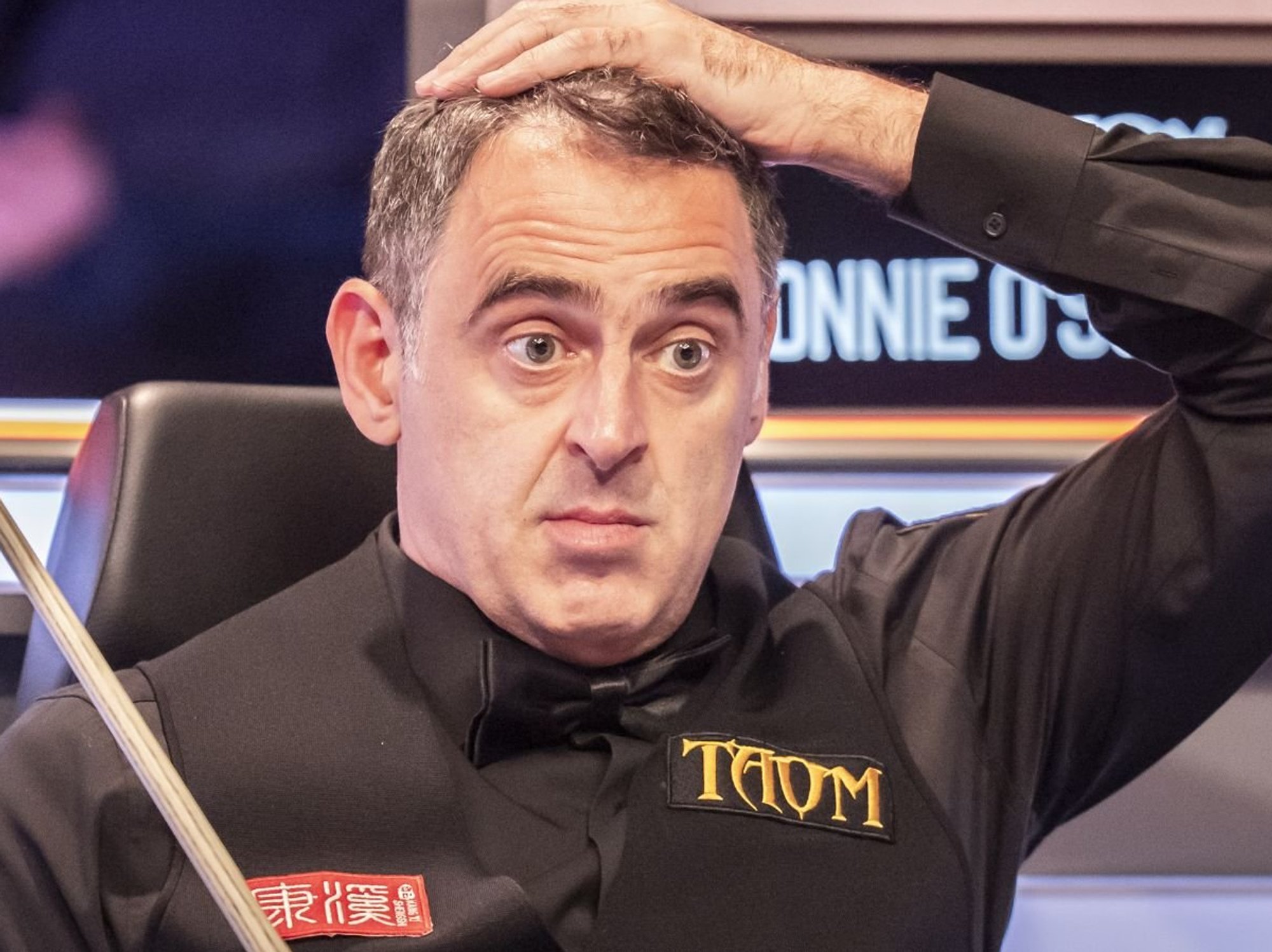Millions of households can cut their BBC TV licence bill from £170 to £0 - check if you're eligible
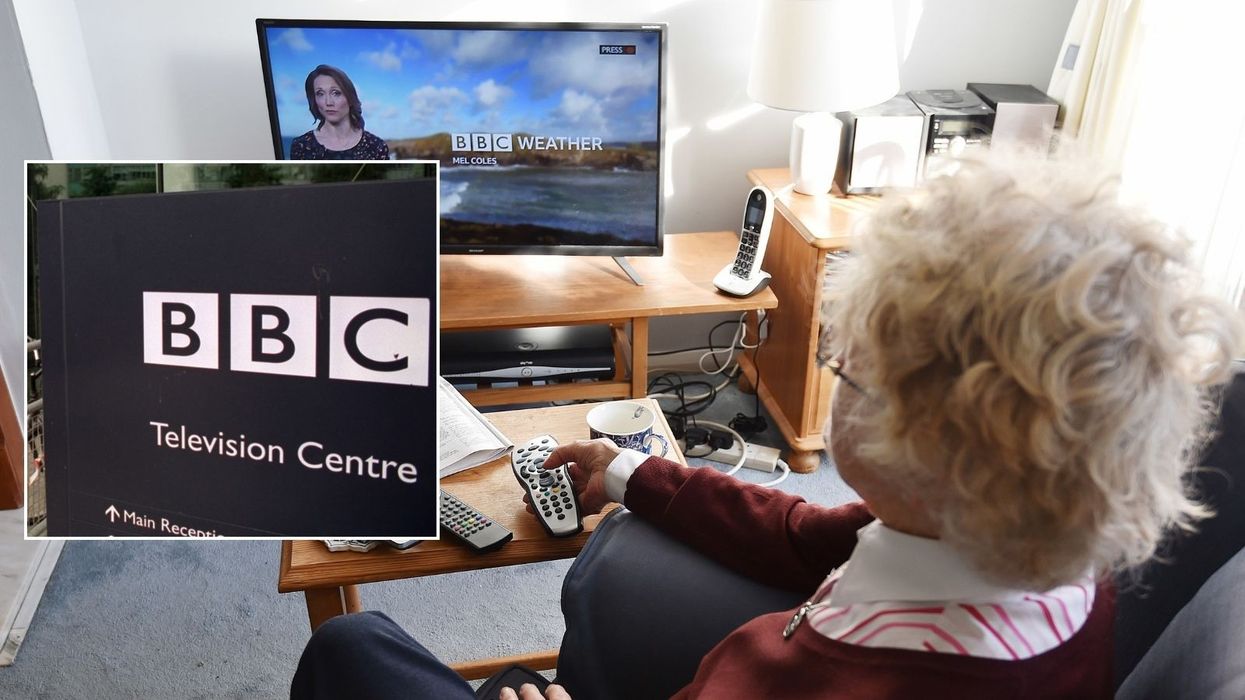
Britons need a TV licence to watch live tv
|PA

Britons need a TV licence to watch live television
Don't Miss
Most Read
Some 1.5 million households in the UK could reduce their BBC TV licence bill from £170 to zero.
A TV licence is needed for anyone who watches live television programming, streams live content or watches BBC iPlayer.
Earlier this week, the BBC published the Group’s Annual Report and Account, where the broadcaster admitted to a “decline” in viewers purchasing a TV Licence - which the company uses to fund production of its content.
Their figures show a staggering 500,000 households cancelled their licence fee this year. The total number of British households paying the £169.50 licence fee fell to 23.9 million, suggesting a growing number of people feel able to go without BBC services.
Of this 23.9 million people, 1.5 million households are missing out on over £170 a year savings, as they do not need the licence.
Policy in Practice has issued a warning to those who can get 100 per cent off their TV licence bill but do not claim it.
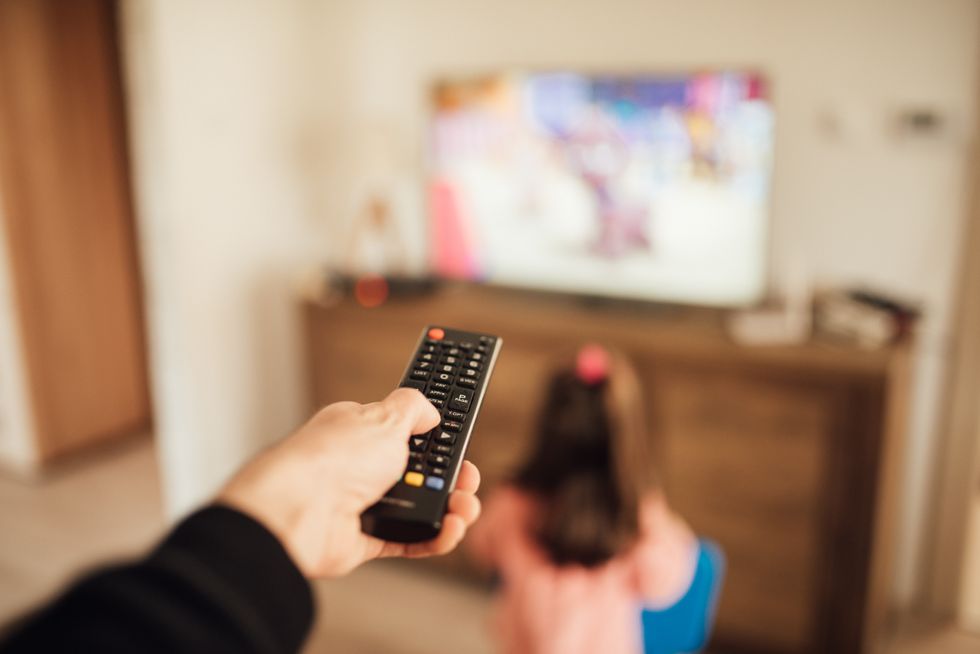 Britons who watch any kind of live TV, not just BBC programming, are expected to pay their TV Licence fee which costs £169.50 a year | Wikimedia Commons
Britons who watch any kind of live TV, not just BBC programming, are expected to pay their TV Licence fee which costs £169.50 a year | Wikimedia CommonsThe policy experts said: "The same unclaimed figure is used as for Pension Credit, as receipt of Pension Credit is used as an eligibility passport for a free TV licence.
"This is an underestimation as there will also be households receiving Pension Credit who have not applied for a free TV licence."
How to cut your TV Licence bill to zero
If an individual or someone they live with are over 74 and receive Pension Credit they can apply for a free TV Licence.
Pension Credit can be in the name of the licence holder, or in their partner's name if they are a couple. If an individual or their partner do not receive Pension Credit they'll need to continue to pay for their licence.
Pension Credit has two parts, Guarantee Credit and Savings Credit. Guarantee Credit tops up someone's weekly income to a set amount, known as the ‘Standard minimum guarantee’.
The 2024/25 set amounts are £218.15 per week for single claimants and £332.95 for couples. People may be eligible for more if they are eligible for 'premiums' - depending on if they’re a carer, severely disabled, or responsible for a child or young person.
Savings Credit provides extra money for people over state pension age who have extra savings or investments, however new claims are being phased out.
Unless someone reached state pension age by April 6, 2016, they cannot make a new claim for the Savings Credit. People who already receive it will continue to do so.
Students are another group who can get their bill cut to zero. Those who are living away from home may be covered if their parents have a TV licence, but only if they're watching TV on a device such as a phone, tablet or laptop computer.
They wouldn't be covered if they're watching on a television or desktop computer that is plugged into the mains.
The TV licence fee now costs £169.50 for a year but some people may not need one if they do not watch live TV.
A TV Licence covers Britons for all TV channels, pay TV services like Sky, and live TV on streaming services like Amazon Prime Video, YouTube, Netflix and Freely. As well as everything on BBC iPlayer.
Britons need a TV licence if they watch or record live TV programmes on any channel, whether this is on a TV, PC, laptop, tablet, or phone.
Britons risk a £1,000 fine if they're caught watching live TV without a licence.
Britons do not need a TV Licence if they're watching shows on catch-up using streaming services such as Netflix, Amazon Prime, ITVX, Disney Plus, YouTube, All 4 or My5.
But if they're watching a live show through these services, then they would need a TV licence.





